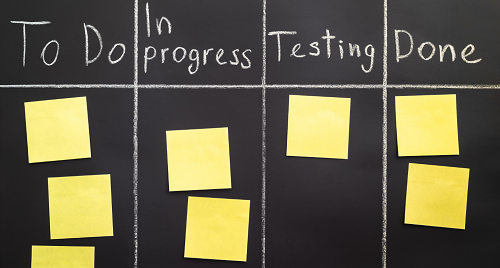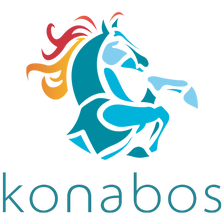Are You Sprinting Or Running A Marathon?
Mike Edwards - Technical Director
16 Jul 2021

Have you ever wondered if your sprints have become a marathon? Are you and your team getting exhausted by the constant need to deliver more?
Probably everyone working in IT has heard of Scrum (and I am not talking about rugby). We break a project down into smaller chunks and that we can deliver every few weeks in “Sprints”. At the end of the Sprint, we have something testable, usable, and ideally working. How problems with Scrum can come from teams always having to deliver and their maximum speed.

Each sprint the team comes together and decides what they will deliver and being excited and keen to deliver the team fills their sprint until it is almost overflowing. Then like sprinters released on hearing the starter's gun, they are off. Two weeks of running, head down, sweating, jumping hurdles, and heading full speed for the finish line. After much sweat, tears, and caffeine the team reaches the finish line and demo what they have achieved. A small celebration of their accomplishments before the next sprint planning and two-week race.
Again everyone lines up at the start line, heads down, waiting for the starter’s gun, and they are off, running fast for the next finish line with very little rest. Then the third race starts and they are off again.

Teams keep working like this, one mad dash to the finish followed by another, suddenly their sprints are starting to look like one long and very fast marathon. This is often very true towards the end of a project when the major project deadline looms just over the hill.
People start to get tired, tempers become short and mistakes get made.
So how can we tackle this?
- Verify that we have sized our work correctly
- Review how much work we think we can get done in a sprint
- Improve our retrospective process to feedback to avoid this scenario
- And introduce a WALK
A Walk?

Yes, a nice stroll in the sun, or the development equivalent. Every coach knows that their athletes need a break from training and competing to recover.
A walk is the same length as a sprint but it isn’t filled to capacity. This gives the team a chance to stretch their legs and take a breath. During the walk, the team tackle simpler housekeeping and quality of life tasks, maybe that piece of code that needed refactoring for the last two months or improving the CI/CD deployment.
During this time everyone works their normal day, takes lunch, no overtime, and connects with the other members of the team. This is a time to recharge and reset, a welcome break for them to enjoy and look forward to. By introducing a walk every few sprints we know that our team has time to recover, destress and ready themselves for the next period of intense work.
What do you think? Would a walk work for your team?

Mike Edwards
With 18 years of IT development experience, Mike has worked across government, not for profit, and commercial sectors. He has delivered large-scale multinational websites, desktop and mobile applications, and mission-critical health apps. He works closely with the client and delivery teams to ensure that projects deliver business benefits and not just a technical solution.
Mike is a nine-time Sitecore MVP and is the founder of the very popular Glass.Mapper.Sc ORM, which has over 1 million downloads.
Outside of work, Mike can be found exploring the British countryside, riding his motorbike, and learning the piano.



Share on social media